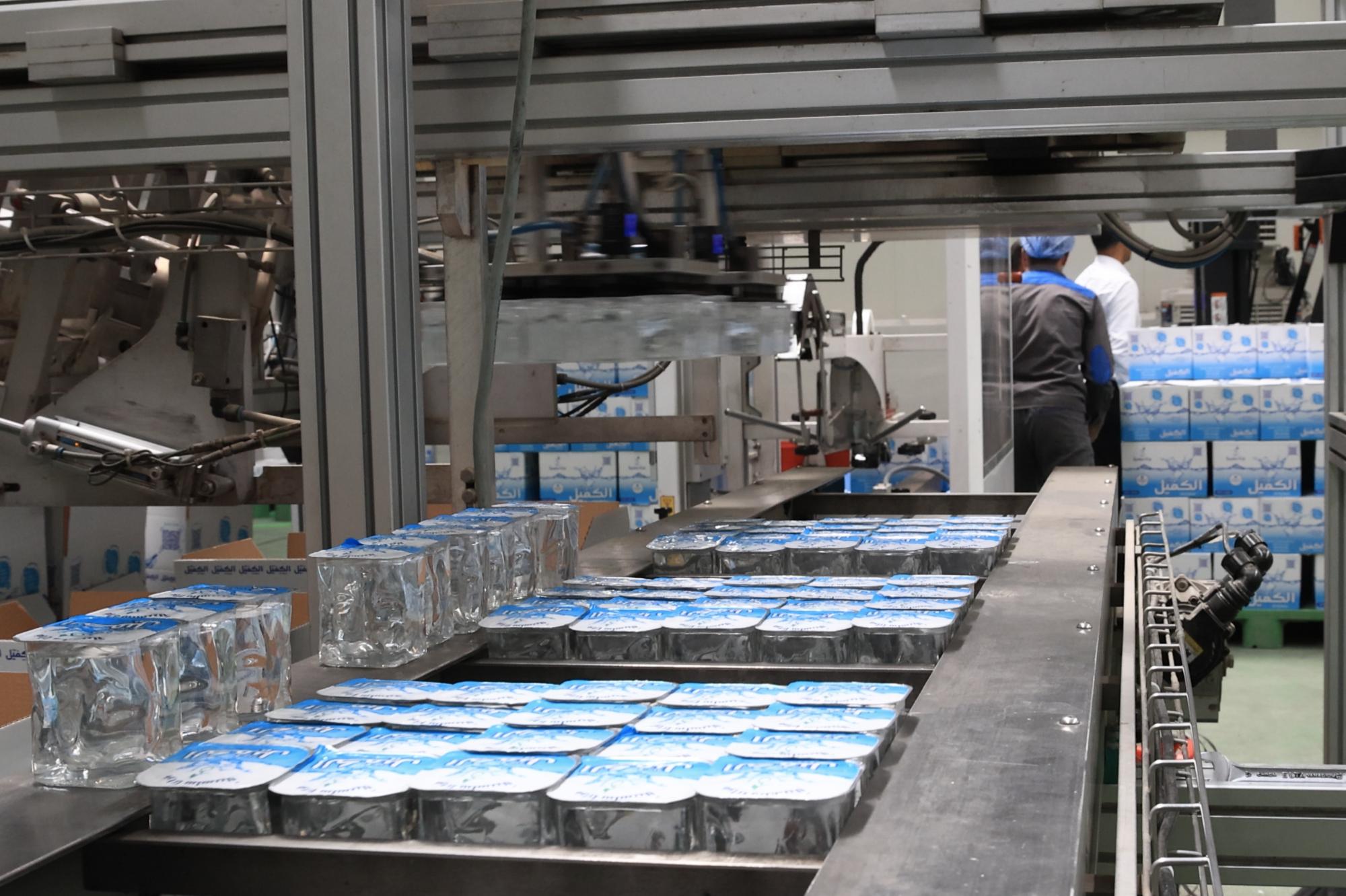AhlulBayt News Agency: Al-Kafeel company for food industries in the Al-Abbas's (p) holy shrine confirmed that the Al-Kafeel water plant continues to produce and is witnessing an increasing demand.
The director of the plant, Mr. Mortadha Saleh Mahdi, said that "the Al-Kafeel water plant belonging to Al-Kafeel Food Industries Company, continues to produce all year round, and owns nine machines of the highest quality and works on a daily basis".
He added that"our preparations for the holy month of Muharram are continuing, starting from the storage and the launch of production in the markets, and the demand for the Al-Kafeel production came due to the good productivity and the nature of packaging, and the modern systems that the plant has".
For his part, the official of the desalination unit at the plant, Mr. Karar Ali, said that "the plant has four large water tanks, one of which has a capacity of (100) thousand liters".
"Raw water enters through filtration devices (sand and carbon), and it pulls impurities and odors, in addition to sterilizing it with chlorine,"he continued.
Ali pointed out that "the laboratory has three systems, the capacity of the first is (24) thousand liters per hour, the second (10) cubic meters per hour, and the third (8) cubic meters per hour, in addition to tanks of stainless steel metal.
/129
The director of the plant, Mr. Mortadha Saleh Mahdi, said that "the Al-Kafeel water plant belonging to Al-Kafeel Food Industries Company, continues to produce all year round, and owns nine machines of the highest quality and works on a daily basis".
He added that"our preparations for the holy month of Muharram are continuing, starting from the storage and the launch of production in the markets, and the demand for the Al-Kafeel production came due to the good productivity and the nature of packaging, and the modern systems that the plant has".
For his part, the official of the desalination unit at the plant, Mr. Karar Ali, said that "the plant has four large water tanks, one of which has a capacity of (100) thousand liters".
"Raw water enters through filtration devices (sand and carbon), and it pulls impurities and odors, in addition to sterilizing it with chlorine,"he continued.
Ali pointed out that "the laboratory has three systems, the capacity of the first is (24) thousand liters per hour, the second (10) cubic meters per hour, and the third (8) cubic meters per hour, in addition to tanks of stainless steel metal.
/129






